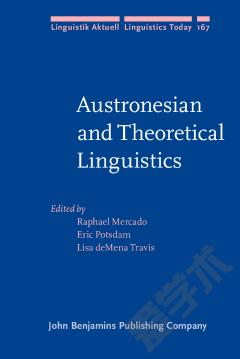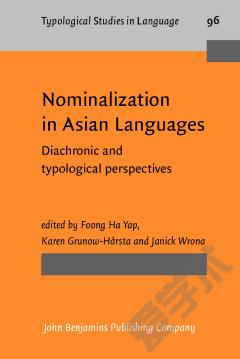Tense and Aspect in Indo-European Languages. Theory, typology, diachrony.
This monograph presents a general picture of the evolution of IE verbal systems within a coherent cognitive framework. The work encompasses all the language families of the IE phylum, from prehistory to present day languages.Inspired by the ideas of Roman Jakobson and Gustave Guillaume the authors relate tense and aspect to underlying cognitive processes, and show that verbal systems have a staged development of time representations (chronogenesis). They view linguistic change as systemic and trace the evolution of the earliest tense systems by (a) aspectual split and (b) aspectual merger from the original aspectual contrasts of PIE, the evidence for such systemic change showing clearly in the paradigmatic morphology of the daughter languages.The nineteen chapters cover first the ancient documentation, then those families whose historical data are from a more recent date. The last chapters deal with the systemic evolution of languages that are descended from ancient forbears such as Sanskrit, Greek, and Latin, and are completed by a chapter on the practical and theoretical conclusions of the work.
{{comment.content}}








 京公网安备 11010802027623号
京公网安备 11010802027623号